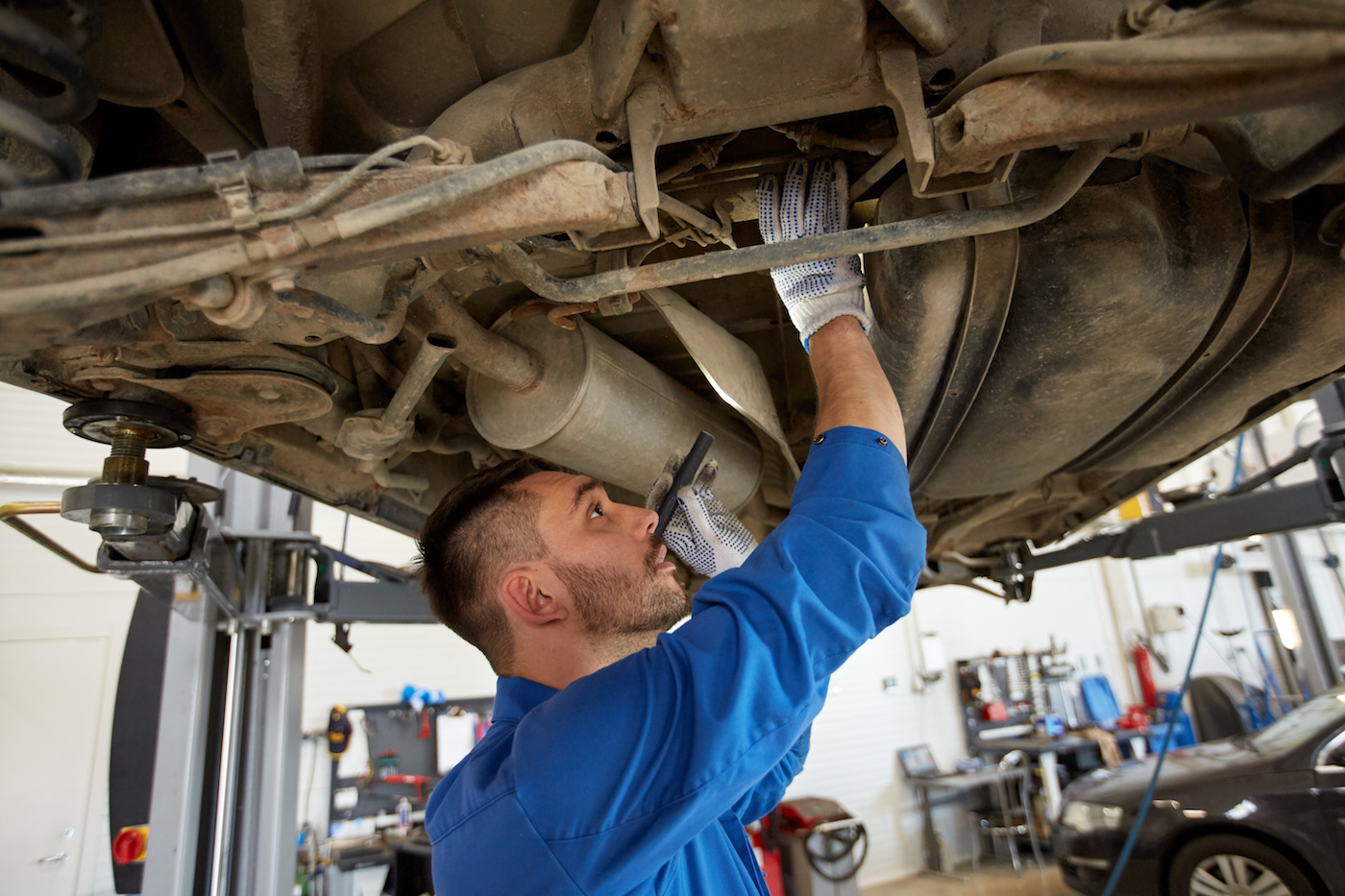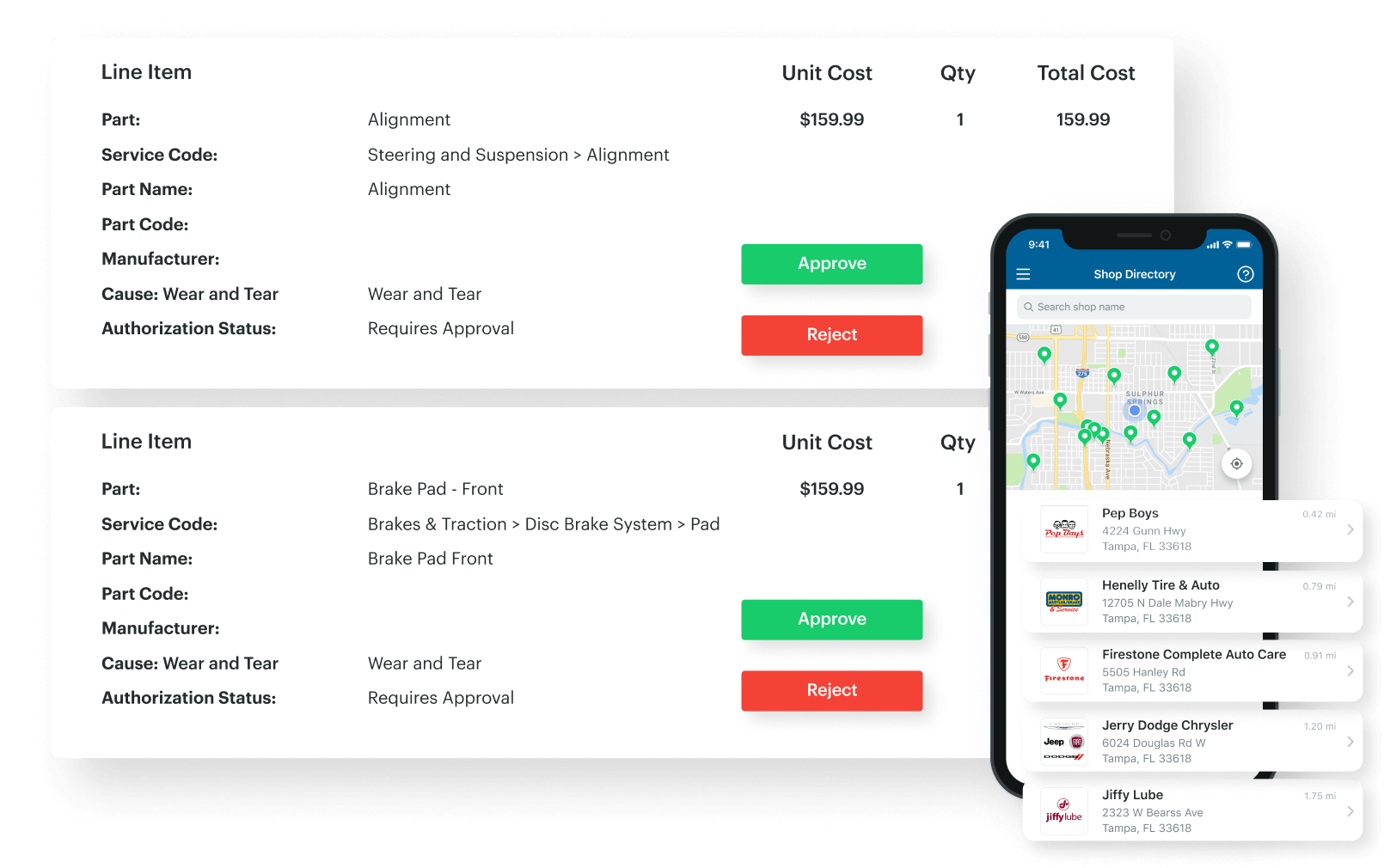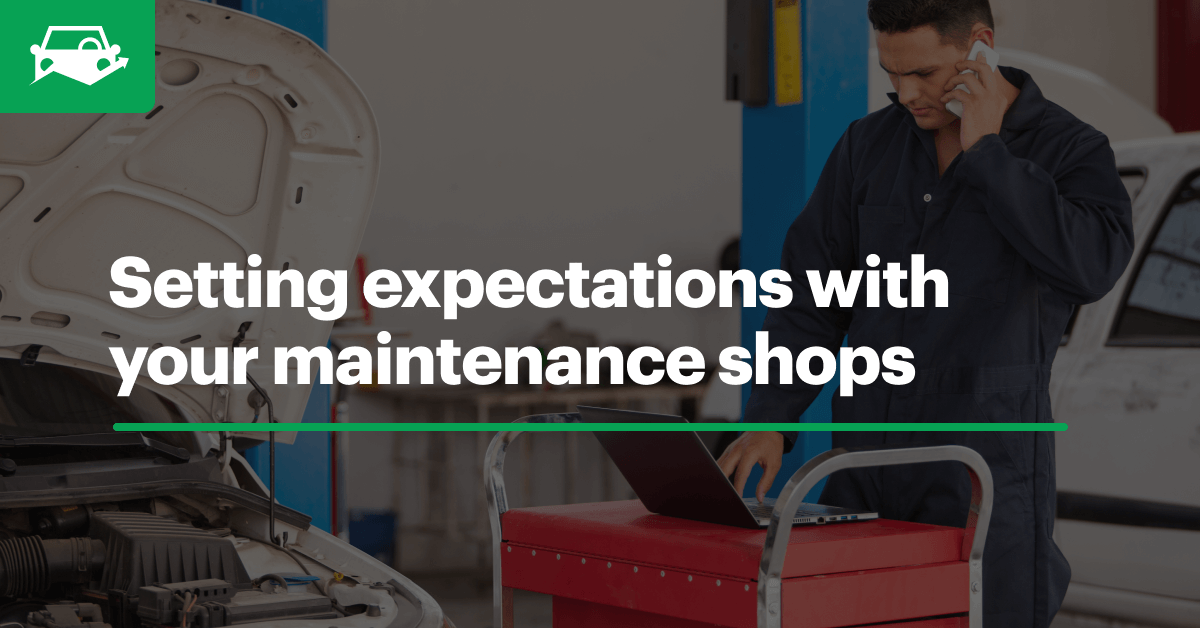The decision to insource or outsource fleet maintenance is a case-by-case decision that will depend on your organization and fleet goals. One major benefit that leads fleets to outsource fleet maintenance, however, is the hard and soft cost savings.

Hard costs
Privatization
Selecting and signing a contract with a fleet maintenance service provider is a business transaction. Providers compete against each other on quality and cost to get your business. This is good news for you, as quality and cost are likely two of the top priorities you want to optimize.
Also, once the contract with your service provider is up, you can repeat the process to ensure you still get the best deal. Fleets typically save 10 percent to 25 percent through privatization.
Soft costs
Soft costs can be the biggest killer for budgets because they are difficult to predict and quantify, as they do not entail additional expenses.
Consolidated billing
Regional and national service providers will often offer consolidated billing, which moves your countless vendor invoices to a single, monthly invoice with all your maintenance shop charges. This saves major time and headache on the backend and can also translate to operational savings.
In fact, one organization saved $75 per individual maintenance purchase order with consolidated billing, resulting in $625,500 annual savings.
Reduced downtime
Another major example is vehicle downtime. When a vehicle is sidelined, the cost of lost profit can quickly multiply. On average, downtime is expected to cost a fleet $450 to $760 per vehicle, per day.
The faster a vehicle can get to the shop, the faster it can get back on the road. If your fleet operates across a wide geography, drivers may be able to get into a national or regional provider’s shop before it can make it back to your in-house maintenance bay.
Better quality
When you outsource fleet maintenance, economies of scale are in your favor, especially for SMB fleets. You will have access to greater resources, including the soft cost benefits of access to cutting edge technology and industry best practices—something in-house maintenance may not always allow.
Increased productivity
Another soft cost saving is greater fleet operations productivity. With outsourced maintenance, you no longer have to employ certified mechanics. This means no more mechanic trainings to keep their skills sharp or scrambling to fill a void and hire a new mechanic if one quits.
More proactive approach
With this greater efficiency, you also have the chance to address the pesky maintenance task backlog that built up when maintenance was in-house.
Your fleet can become more proactive and prevent small tasks from developing into issues now that you have access to more resources. In turn, you will prevent repair and replacement costs from continuing to rise.
Every fleet is a different case. You should consider your fleet goals and budget when determining whether to outsource fleet maintenance. Be sure, however, to not overlook the cost savings associated with outsourcing fleet maintenance.



